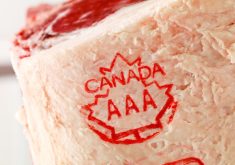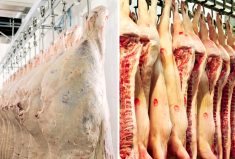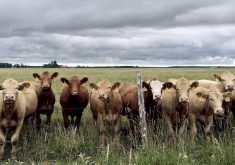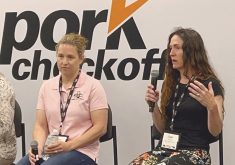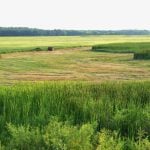Glacier FarmMedia – Sadly but predictably, the United Kingdom’s probable entry in the Asia Pacific trade deal might give it room to continue to defame Canadian meat.
Since joining the Canada-European Union trade deal, known as the Comprehensive Economic and Trade Agreement (CETA), Canadian meat and grain exporters have been vexed by crafty EU tricks to keep Canadian products out of European markets, while imports from the EU surge into Canada’s more open economy.
It has soured Canadian farmers’ views about the value of normalized trade with the EU, when the European system allows vested interests to block access by manipulating regulations and using various nations’ politics to trump international obligations.
Read Also
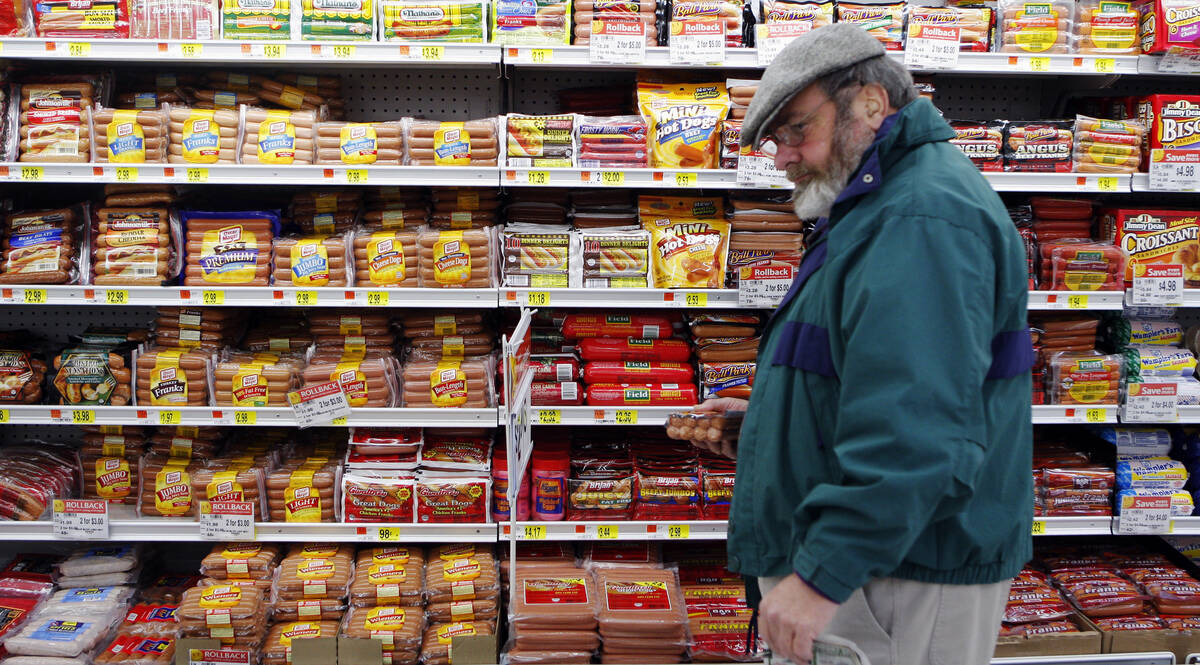
Canada seventh-most influential country on agri-food
Report from Dalhousie University and MNP shows Canada ranks seventh among G20 countries on agri-food influence.
Brexit was initially seen as a great opportunity for Canada to fix some of CETA’s wrongs. Exporters thought the supposedly free-trade friendly former mother country would be freed from the EU’s byzantine rules, regulations and politics.
However, the announcement that the U.K. has formed an agreement to join the Asia Pacific trade zone (known as the Comprehensive and Progressive agreement for Trans-Pacific Partnership, or CPTPP) seems to dash these hopes, at least in the eyes of the Canadian Pork Council.
“So far, what we see is because of non-tariff trade barriers, we will not have additional access to markets,” said Rene Roy, chair of the council and a Quebec hog farmer. “It’s unfortunate, but that’s the reality of what we can assess from the papers.”
Of particular threat to Canada’s hog farmers are references to growth-promoting antibiotics, which Roy says Canadian farmers don’t use, and animal welfare standards, which Roy says are equal or better than welfare standards in the U.K.
Those references, if allowed, could be used to manipulate market access, as the EU has done within CETA, Roy fears.
Canadian producers also want to see a robust defence of Canada’s food inspection system so that it is not libelled or smeared as part of potential future efforts to restrict access.
Roy also worries that language implying Canada’s standards are not as good as those of the U.K. opens the door to similar language being used in future versions of existing trade deals. What happens when non-CPTPP countries try to form their own accession agreements?
“It could certainly contaminate the trade deals that we have now,” said Roy. “It could set precedents for the other trade agreements that are coming.”
The pork council urges the federal government to freeze the approval process to ensure it doesn’t enshrine anti-trade tendencies that the U.K. is carrying from its EU days or that arise internally.
The worrisome language around the deal is vague.
What’s the reality? I’m no good at interpreting the legal complexities of any trade agreement, treaty or regulations, but I am pretty good at picking up the farming and food politics swirling around trade deals.
An article in the U.K.’s leading left-wing media outlet, the Guardian, makes it clear that protectionist forces in the country are fighting this deal and its embrace of a more free trading U.K. than existed when it was within the EU.
“The U.K.’s membership of a Pacific trade agreement will result in more deforestation overseas, endanger animal welfare and ‘make a mockery’ of the government’s environmental commitments, campaigners have said,” an April 3 Guardian article stated.
In terms of agricultural imports, it quotes a World Wildlife Fund official as saying, “this announcement risks more imports of food produced in ways that drive deforestation, use harmful pesticides or rely on unregulated fishing practices, all of which undermine the high standards U.K. producers are already required to meet.
“Animal welfare would also suffer, according to (animal rights campaigners.) Many members of the CPTPP use methods of production that would be illegal in the U.K., including sow stalls and battery eggs, as well as antibiotic use, hormone treatment and pesticides that are outlawed here.”
Activists say the U.K.’s recent trade agreements with Australia and New Zealand undermine animal welfare standards.
Britain’s National Farmers Union, which has more influence than Canada’s organization of the same name, cautiously approves the U.K. entering the CPTPP, but echoes some of the smears against Canadian livestock and meat production.
The Conservative U.K. government is hoping to use the deal as part of its post-EU plan of creating a “global Britain.” It sees the deal as opening the door to more markets overseas, including for British pork, and encouraging a more outward looking U.K. economy.
What’s the reality?
Is the CPTPP going to pull the U.K. further into the free-trading world, or will it allow lingering interventionist thinking and protectionist politics to infect one of the world’s few forums of pro-globalization?
It’s going to be awhile before we know, but it’s good the Canadian Pork Council is making sure the federal government notes the dangers in allowing casual aspersions against Canadian farming into the deal.
The U.K. needs this deal more than Canada or other CPTPP members do, so it might need to accept that when you go to somebody else’s party, you follow their house rules.
– This article was originally published at The Western Producer.







